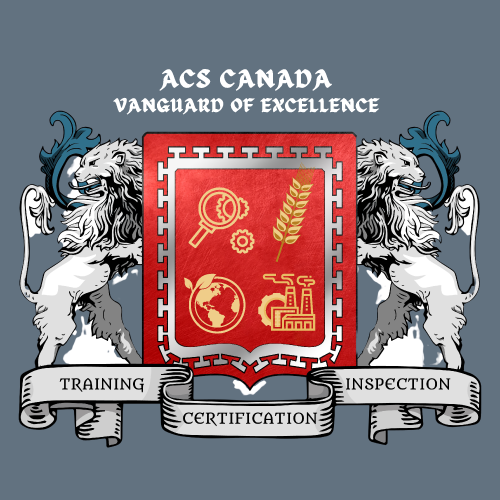ISO 29001 Certification

OIL & GAS, PETROCHEMICAL
SPECIFIC REQUIREMENTS FOR QMS IN OIL & GAS INDUSTRIES
Petroleum, petrochemical and natural gas industries management system ISO 29001:2020 certification is a procedure for confirmation of a degree of product and service supply organization’s management system conformity to requirements of a particular standard.
ISO 29001 scope is Petroleum, petrochemical, and natural gas industries Sector-specific quality management systems requirements for product and service supply organizations. This standard is written as a supplement to ISO 9001:2015 and Petroleum, petrochemical, and natural gas industries management system certification is performed by independent competent auditors and experts of ACS, who have the necessary experience and training in the scope of conducting audits for compliance with the requirements of audited standards, as well as competence in the field of activity of an organization being audited.The major difference between ISO 29001:2020 and ISO 29001:2010 is risk-based thinking. The concept of risk-based thinking has been implicit in previous editions of this International Standard, e.g. through requirements for planning, review, and improvement. This International Standard specifies requirements for the organization to understand its context and determine risks as a basis for planning. This represents the application of risk-based thinking to plan and implement quality management system processes and will assist in determining the extent of documented information.
One of the key purposes of a quality management system is to act as a preventive tool. Consequently, this International Standard does not have a separate clause or sub-clause on preventive action. The concept of preventive action is expressed through the use of risk-based thinking in formulating quality management system requirements. The risk-based thinking applied in this International Standard has enabled some reduction in prescriptive requirements and their replacement by performance-based requirements.
There is greater flexibility than in ISO 9001:2008 in the requirements for processes, documented information and organizational responsibilities. Although element 6.1 specifies that the organization shall plan actions to address risks, there is no requirement for formal methods for risk management or a documented risk management process. Organizations can decide whether or not to develop a more extensive risk management methodology than is required by this International Standard, e.g. through the application of other guidance or standards.
Not all the processes of a quality management system represent the same level of risk in terms of the organization's ability to meet its objectives, and the effects of uncertainty are not the same for all organizations. Under the requirements of 6.1, the organization is responsible for its application of risk-based thinking and the actions it takes to address risk, including whether or not to retain documented information as evidence of its determination of risks.
Prevent the product defect from the supply chain and suppliers,
Reduce deviations and waste,
Provide a continual improvement model,
Gain international competitiveness in petroleum, petrochemical and natural gas industries through cutting cost and business risk management.
Training at ACS Canada
ACS employs accelerated learning methods to ensure a comprehensive grasp of all certificates. Our approach involves contextualizing your learning through a wide array of options, including classroom instruction, workshops, as well as interactive and online sessions.
ISO 29001 Certification Training - 1

ISO 14007 Training Course
The aim of this course is to provide delegates with the knowledge and skills required to understand guidelines and steps of environmental costs and benefits-ISO 14007 and sustainability. ISO 14007 environmental costs and benefits concept: ISO 14007: “Environmental costs are any costs related to the environment, which can result from, for example, the loss of […]
More About This CourseISO 29001 Certification Training - 2
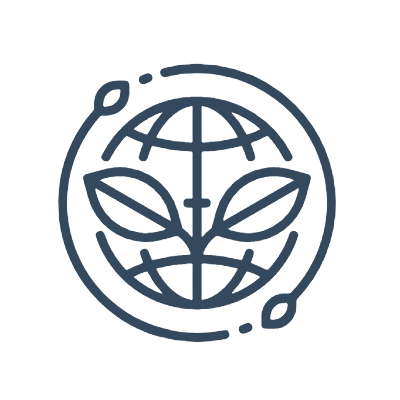
ISO 14006 Eco-Design
The aim of this course is to provide delegates with the knowledge and skills required to understand guidelines of Eco-Design-ISO 14006 and sustainability. ISO 14006 concept of Eco Design: ISO 14006: “Organizations are recognizing both the need to reduce adverse impacts on the environment from their product(s) and the need to include environmental considerations in […]
More About This CourseISO 29001 Certification Training - 3

Quantitative Methods for Business Management
This course teaches best practice quantitative methods used in conventional and sustainable business settings
More About This CourseISO 29001 Certification Training - 4

ISO 29001 Internal Auditor
This course aims to provide delegates with the knowledge and skills required to understand requirements against ISO 29001 and to successfully conduct an internal audit against the requirements of ISO 29001.
More About This CourseISO 29001 Certification Training - 5
QUALITY FUNCTION DEPLOYMENT

QFD Training Course
This course aims to teach the principles and practices of Quality Function Deployment, QFD.
More About This CourseISO 29001 Certification Training - 6
STRATEGIC THINKING
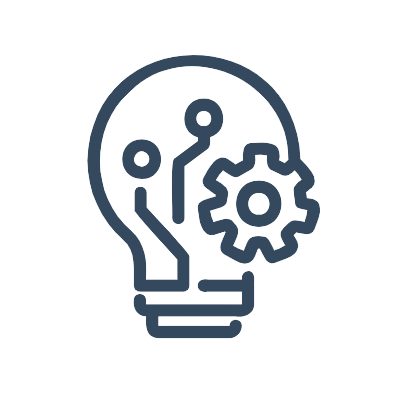
STRATEGIC THINKING
Now a day , Strategic thinking is a very important practical concept, in this course we will get to know the concepts and stages of strategic thinking. Strategic Thinking is a mental synthesis process creating an integrated view of the business in mind, through creativity and intuition “Mintzberg”. Course Content: Strategic thinking definitions: Mintzberg, Porter, […]
More About This CourseISO 29001 Certification Training - 7
Design of Experiment
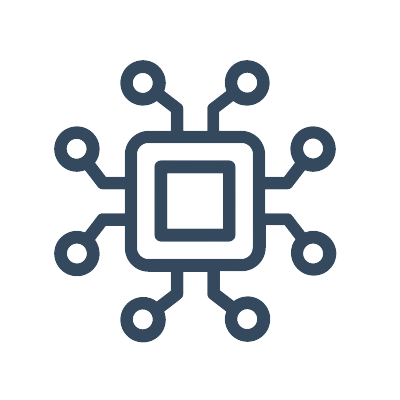
Design of Experiment (DOE)
Design of Experiment (DOE) is a powerful statistical technique for improving product or process designs and solving process or production problems. DOE defines control changes to input variables in order to find cause and effect relationships with a minimum sample size. When analyzing a process, experiments are often used to evaluate which process inputs have […]
More About This CourseISO 29001 Certification Training - 8
REQUIREMENTS AND DOCUMENTATION

ISO 14224 Requirements
This course aims to provide delegates with the knowledge and skills required to understand RM’s data in petroleum, petrochemical, and natural gas equipment. Assessment: MCQ-based Assessment to Pass the Course and obtain your qualification of requirements and documentation ISO 14224 CURRICULUM RELIABILITY AND MAINTENANCE (RM) BASICS AND REQUIREMENTS KNOWLEDGE REFRESHER (BENEFIT OF RM DATA COLLECTION […]
More About This CourseISO 29001 Certification Training - 9
REQUIREMENTS AND DOCUMENTATION

ISO 31000 Requirements
This course aims to provide delegates with the knowledge and skills required to understand risk management requirements.
More About This CourseISO 29001 Certification Training - 10
IOSH Working Safety V 5.0
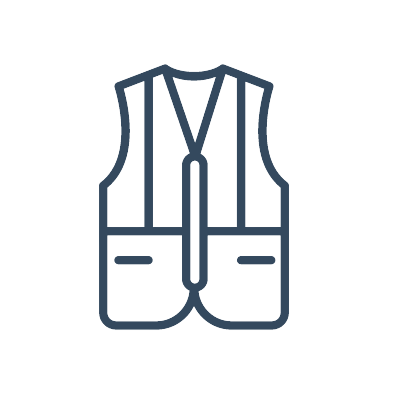
IOSH Working Safely V 5.0
The aim of this course is to understanding, implementation working safety content.
More About This Course
